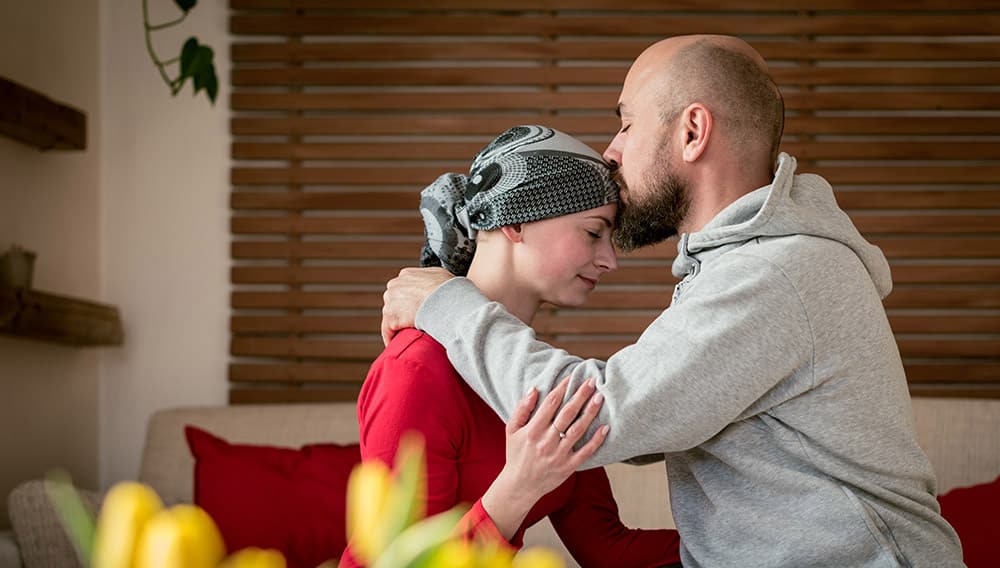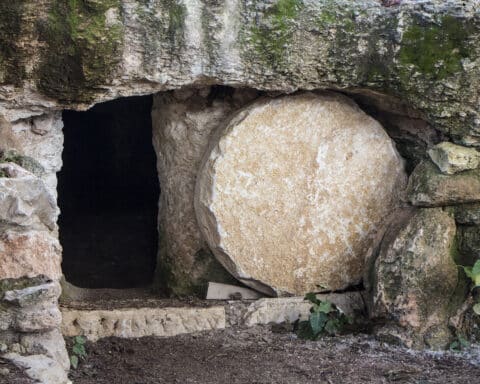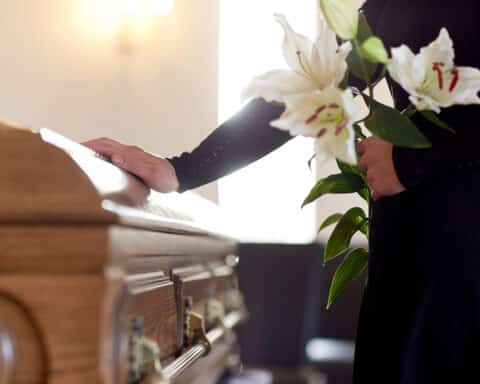We should have had several more years with him, but we had to put our dog, Toby, to sleep a few Sundays ago. A tri-color Aussie, and one of the sweetest dogs ever, he’d been the first of our dogs my wife really liked.
His devoted attention had been a comfort to her, since six years ago the pain in her upper back proved not to be a sprain but a tumor pressing on the spinal cord. Her breast cancer had returned and spread through the long and flat bones.
She’d had an 8% chance of it coming back when she finished her treatment in 2014, which we’d felt was basically zero, but of course it’s not. Someone has to be the one in the 1-in-12.
Now we have reached the stage when doctors start cobbling together treatments, which is also the stage at which insurance companies rejoice in chances to deny the treatments. We’re now fighting ours to approve, not the treatment the doctor wants, but the treatment the company approved when they denied the treatment the doctor wants.
Christians talk about earthly troubles as crosses to bear. A friend asked me how we celebrate Easter when we still carrying this cross. It’s the day we leave the cross behind.
I think we have to distinguish the kinds of crosses we bear. I can only speak from my experience, but I think you carry different crosses in different ways. You look to Jesus for different kinds of help.
Jesus said, “Take up your cross and follow me.” He asks his followers to make a choice, and they can always change their minds. We didn’t take up this cross. It was shoved into our arms, and we can’t put it down. My wife will carry it to the end of her life. I will, too, in a different way.
Jesus calls us to join him as a disciple. You sign the contract by agreeing to live the way he did, a continual death to self that may even include a physical death at someone else’s hands. You can break the contract. He won’t force you to keep following him.
But terminal cancer imposes the contract without your permission and holds you to it. It only negotiates to the extent your doctors force it to with their treatments, and eventually they’ll have nothing to negotiate with.
Why does the difference matter? Isn’t a cross a cross? Not exactly. In taking up the cross and following Jesus, you’re following a leader into battle as a soldier in his all-volunteer army. You’re running the race, as St. Paul said. There’s a kind of exhilaration in it. And if things go badly, well, you chose it.
But carrying a cross that life thrust into your arms feels different. You didn’t choose it. You’re not charging into battle, you’re hunkering down in a city under siege, waiting until the enemy breaches the walls. You know they will, eventually, and when they do it’s all over.
That’s the way it feels to me. Living with this kind of pain, you don’t look to Jesus as a leader but as a friend, and a friend who has been where you are. Whatever you really need, he’ll give. Whatever you face, he faced. And he made it through and will make sure you make it through with him.
As Dorothy L. Sayers wrote in a passage I’ve loved since I first read it as a young Christian: Christianity tells the story “of the time when God was the underdog and got beaten, when he submitted to the conditions he had laid down and became a man like the men he had made, and the men he had made broke him and killed him.” Then man found God “a better man than himself.”
That’s what Easter means to me. Your friend won through. He carried the cross so you could carry yours, and arrive at the same place: the Resurrection, where God will wipe away every tear from your eyes, and there shall be no more death, neither sorrow, nor crying, neither shall there be any more pain, nor cancer.
David Mills writes from Pennsylvania.





